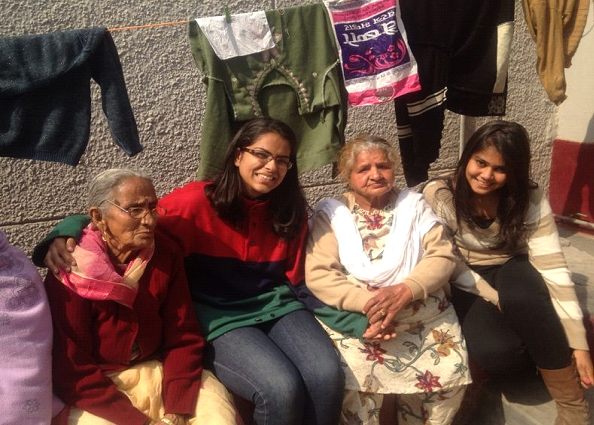Education:
Teenagers and Social Responsibility
Teenagers are often thought of as self-centred or unmotivated young people. Social responsibility provides an authentic backdrop for learning about the needs of others.
Parents and schools have always relied on community service to help teens learn about social responsibility. Service opportunities include efforts to contribute to the community. Teens can participate in a car wash to raise funds for the school football team, bake goods for a bake sale or volunteer at a blood bank. Some schools and enrichment programs do contain community service requirements in the hopes of mandating engagement in social responsibility.

Community service can be fun and can expose teens to people and causes they otherwise wouldn’t have encountered. Increasingly, though, schools are turning to service learning projects as a way to facilitate more meaningful social responsibility encounters for teens.
Service learning projects tend to be student-initiated and involve research into the community to determine needs. They take place over extended periods of time.
Learning to become socially responsible can empower teens; they get to realize actual changes in their communities. Reflecting on the challenges of others can help contextualize their own struggles and teach valuable lessons. From a practical standpoint, it helps teens develop leadership skills and become active citizens. They may also make new friends and grow more confident about their own roles in the community; this could contribute to increased self-acceptance and security.